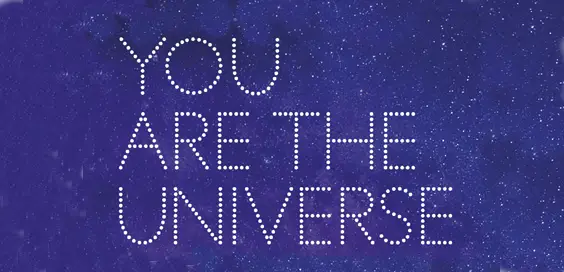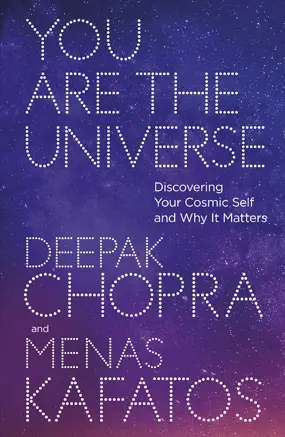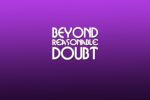You Are The Universe by Deepak Chopra and Menas Kafatos – Review

By Joe Forshaw
Ever since the knuckle walkers stood on two feet intelligent beings have pondered how and why we came to be. Through Socrates, who introduced the ideas of hypothesis, and Copernicus who put the sun at the centre of the universe, to Einstein and Newton and beyond, our progress on understanding the universe constantly evolves. There is plenty of amazing topics to explore, but if your home assignments distract you from such interesting research, you can ask ProEssayWriting to do it for you and keep finding out more about our fabulous world.
Today, we find ourselves caught up in a storm of ideas, concepts, hypothesises, fantasies and fairy tales that make it very difficult for the layman to make any sense of it all. This book states, as the title indicates, that the time has come for a paradigm shift in the way we view the universe. The authors claim that the scientific approach based on observation, calculation and experimentation, whilst establishing the realities of the universe, fails to answer the philosophical questions; the whys and the wherefores. Why do we exist? Where do we come from?
“Leaves the reader to form their own conclusion”

The book is co-authored by Deepak Chopra an American citizen born in India, who is a prominent figure in the New Age movement and alternative medicine and Menas Kafatos, an American citizen of Greek descent, who specialises in quantum mechanics, climate change and philosophy. Together they have sought to merge the proven facts and hypotheses of the scientific approach that tends to minimise our position in the grand scheme of things, with the more holistic, philosophical approach that puts ‘us’ at the epicentre of the universe.
The title ‘You Are The Universe’ could be taken as the conclusion of the book. Whereas in fact the authors present alternate scenarios and leave the readers free to form their own conclusions. However, by posing questions such as ‘Does the mind create reality?’ and ‘Is the universe what we wish it to be?’ the authors seek to lead the reader away from considerations of cosmic constants and the speed of light into the realms of perceived reality and philosophical musing.
“Interesting and stimulating reading”
The first section of the book dealing with ‘The Ultimate Mysteries’ contains nine chapters, whilst the second and last section titled ‘Embracing Your Cosmic Self’ only has two chapters. This may be an indication of the degree of difficulty in putting forward the Cosmic Self argument, whilst there is an avalanche of scientific information available on the realities of the Universe. However, as cosmologists leave questions such as; ‘who are we?’ and ‘what are we here for?’ on the back burner, the Cosmic Self concept looks to answer these questions and therefore deserves due consideration.
The book provides interesting and stimulating reading, made easier to read in part by the proliferation of amusing analogies such as equating the chance of DNA structure forming the building blocks of life emerging from the chaos that existed after the big bang with 100 monkeys with 100 typewriters eventually producing the complete works of Shakespeare, or the possibility of a whirlwind blowing through an aircraft spare parts yard and putting together a functional jumbo jet. There is also a somewhat disparaging comparison of the scientific position of existence with that of the Cheshire Cat in Alice in Wonderland – all smile and no body.
The book does not require the reader to have a Mensa tee-shirt – it is readily readable and absorbing, but does require commitment. It is recommended for anyone who is intrigued about our place in the universe beyond the realms of pure science.









